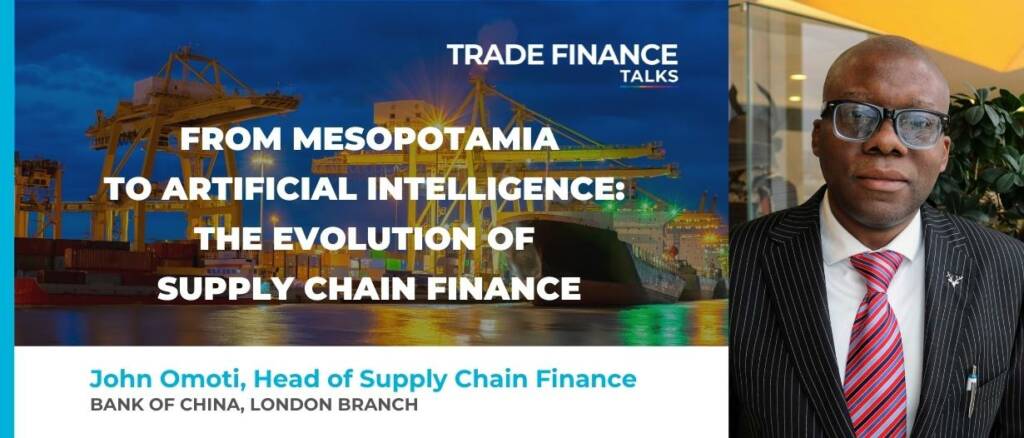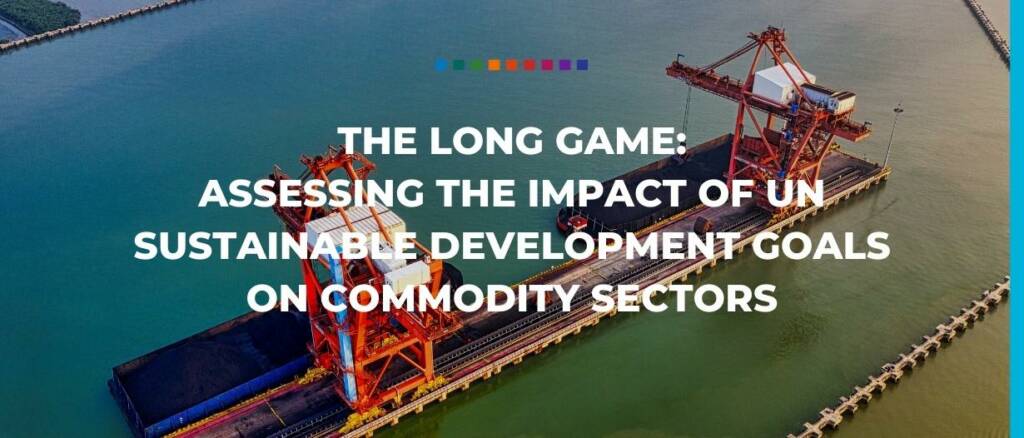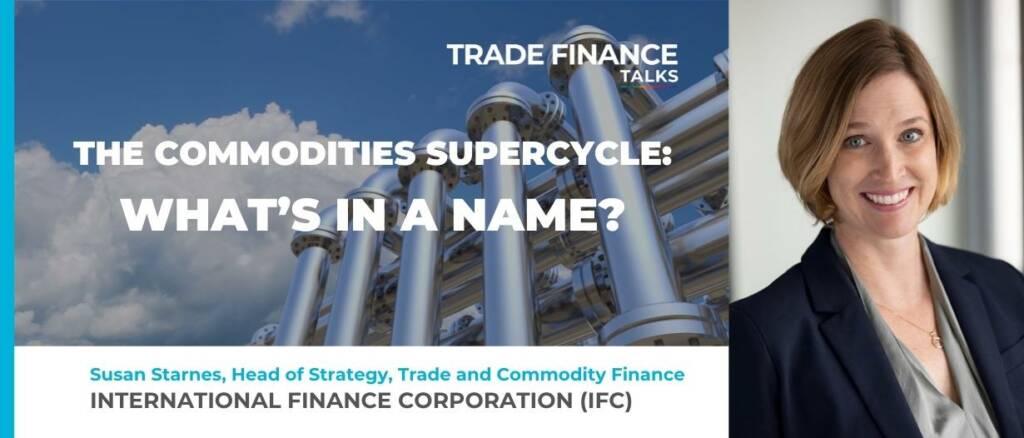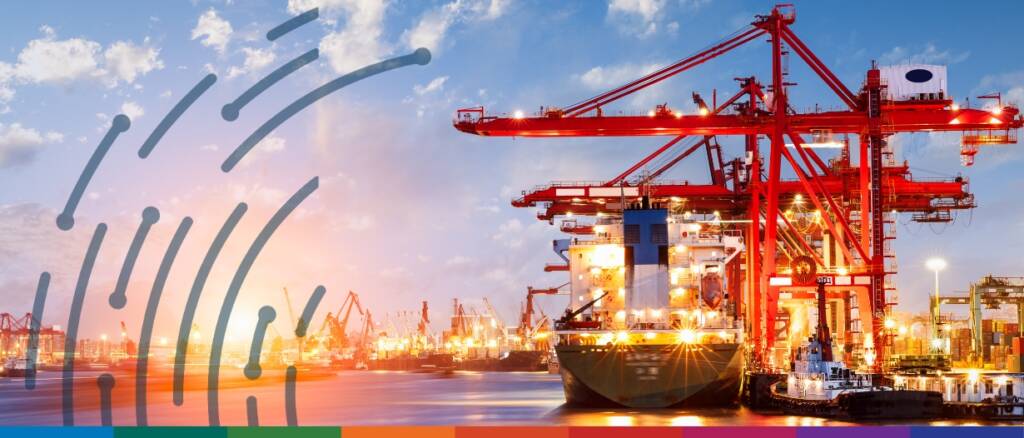In this article, Ed Lam and Pamela Mar offer a roadmap to a digital future for supply chains and trade finance, with a focus on Asian SMEs
In this article, the Bank of China’s John Omoti takes us on a tour of supply chain finance: its ancient past and its digital future
After record-high gas prices and extreme price volatility in Q4 2021, European policymakers are now warming to the idea of a procurement rethink
In this article, ITFA’s Andre Casterman reveals the secret ingredients of fintech success
Since the United Nations (UN) adopted the 2030 Agenda for Sustainable Development, industries have started planning for more sustainable practices
In this article, Robert Meters, director of Schumann International, talks about digital banking solutions through artificial intelligence (AI), machine learning (ML), and other game-changing technologies
This article was co-authored by:
– Arun Prakash, strategy officer for trade and commodity finance at IFC
– Dennis Ochieng, economist at IFC
– Shanshan Li, consultant at IFC
Delivery of the goods is “not unloaded” by the seller at the destination place. There is therefore a problem with DAP Rail Terminal.
The World Trade Organization (WTO) is the only intergovernmental organisation that regulates and facilitates the rules of trade between nations
Freeports are a special kind of air, rail, or seaport, where normal tax and customs rules don’t apply, says John Lucy, director of Liverpool City Region Freeport
























